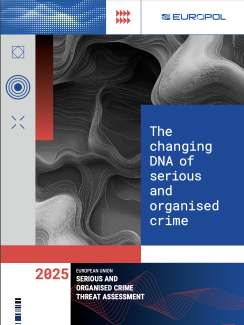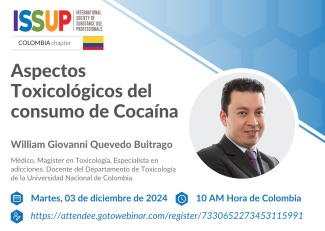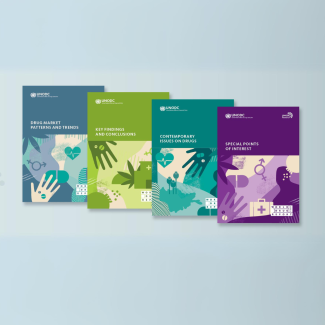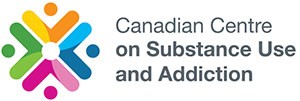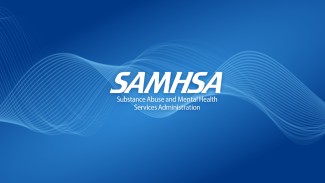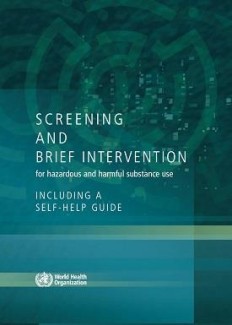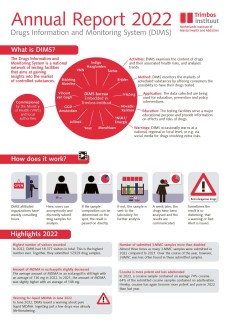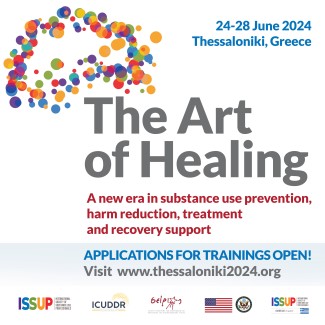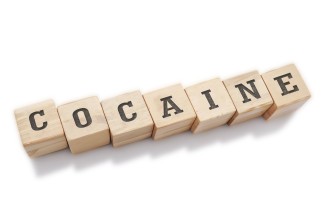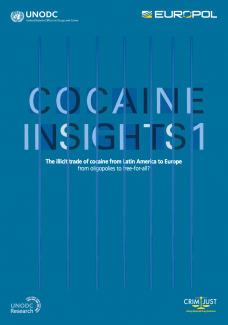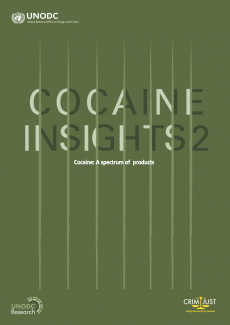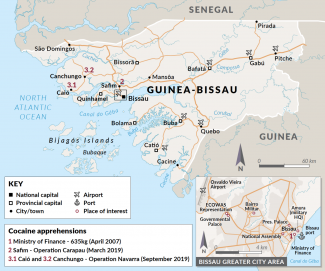Perceived impacts of North Americas first de-medicalised safer supply program
Background
A non-medicalized safer supply model called a “Compassion Club” has recently been evaluated. The model involved providing rigorously tested and accurately labeled illicit substances to members at cost. Operating for 14 months in Vancouver's Downtown Eastside, the initiative aimed to explore the effects and feasibility of this approach among individuals at risk of fatal overdose.
Methods
At the one-year mark, 43 club members completed a survey for this cross-sectional analysis. Descriptive statistics were used to assess the perceived impact of membership on factors like drug use...
